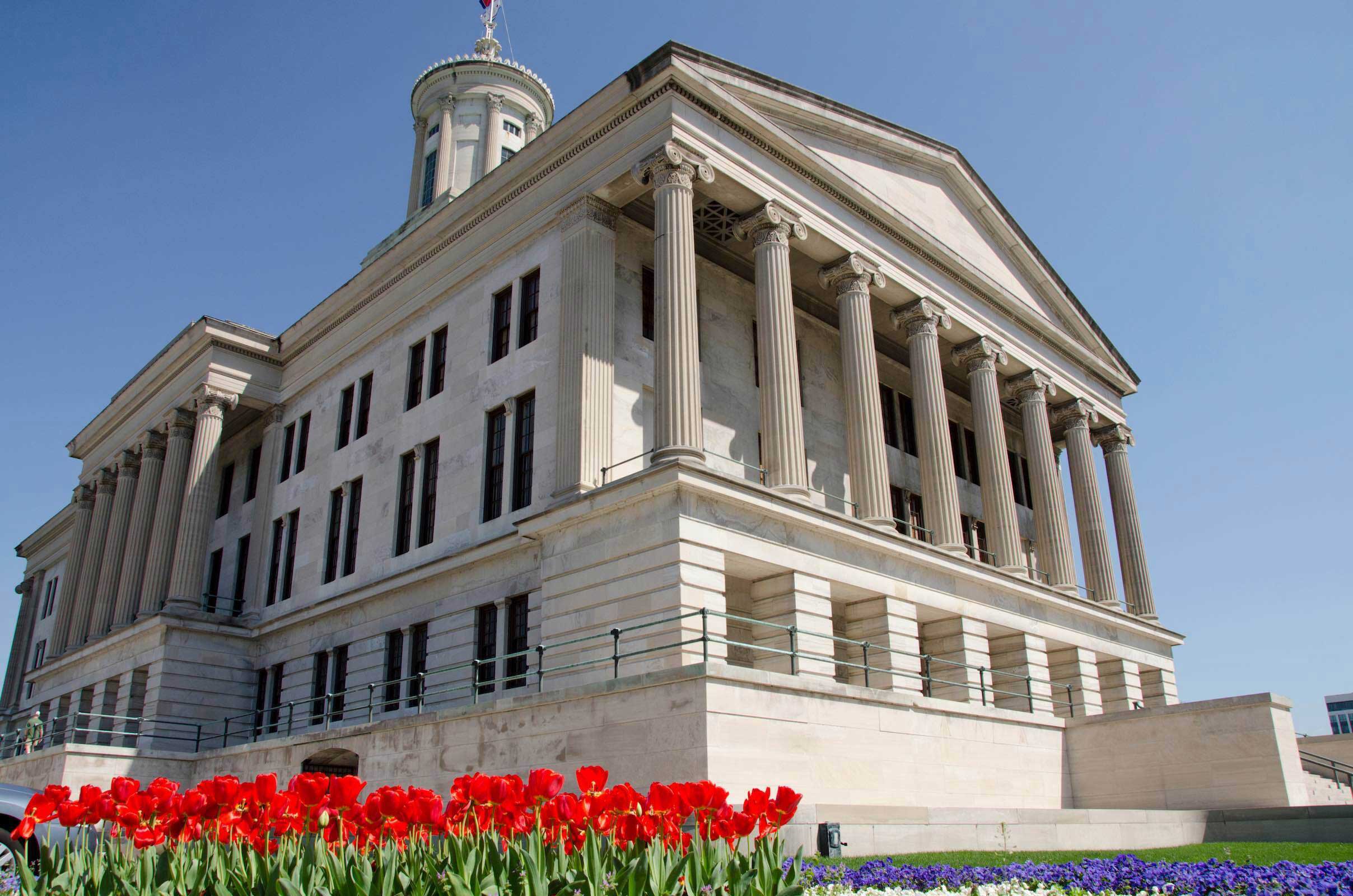The Tennessee General Assembly convened its 2024 legislative session on January 9. After a brief weather-related recess, the session resumed on January 22 and is slated to continue until April 25. During this period, the Assembly’s 33 senators and 99 representatives – predominantly Republicans – will address a wide range of issues.
Lieutenant Governor Randy McNally and House Speaker Cameron Sexton have highlighted several key priorities, with expected debates on the state budget, health policy, education reform, and various social issues.
Certificate of Need
Many lawmakers and advocacy groups have their eyes set on the potential repeal of the state’s Certificate of Need (CON) laws, which have been linked to high healthcare costs and extended hospital wait times.
The timing is ripe for change: Following the end of a three-year moratorium on substantive CON discussions, legislators will revisit proposals related to establishing and expanding healthcare facilities.
TennCare
Several bills have been filed regarding TennCare, including:
HB 1723, or the “Annual Coverage Assessment Act of 2024,” proposes an annual coverage assessment for hospitals, starting in the fiscal year 2024-25. Assessments would be calculated as a specific percentage of the hospital’s annual coverage assessment base. This bill was assigned to the Insurance Subcommittee on January 11.
HB 1956/SB 1765 would establish a framework for importing prescription drugs from Canada, pending federal approval, to obtain more affordable medication options for Tennesseans.
HB 1939/SB 2036 would amend Medicaid rules to allow caregivers living in the same home as the care recipient to get paid for their services under TennCare.
Healthcare Worker Protections
SB 1809, named the “Dr. Benjamin Mauck Act,” would extend assault protections from first responders and nurses to all healthcare workers, including physicians and emergency department staff. This bill was passed after its first consideration.
Mental Health
Several bills have been filed to address the state’s mental health crisis, including the following:
HB 1682 changes the criteria for mandatory mental health treatment and requires medical providers to have specific expertise to make decisions regarding children’s mental health. It was assigned to the Health Subcommittee on January 10.
HB 1585 directs the Department of Mental Health & Substance Abuse Services to initiate a statewide public awareness campaign on mental health and gun safety throughout 2024-25. The bill also encourages county health departments to launch their own public awareness campaigns on the same topics. This bill has been assigned to the Health Subcommittee too.
HB 1643 proposes shifting the financial responsibility for court-ordered mental health evaluations and treatments of indigent misdemeanor defendants from counties to the state. The bill, which projects an annual cost to the state of $3.3 million and a corresponding $1.4 million savings for local municipalities, was referred to the Criminal Justice Subcommittee on January 23 and placed on the calendar for January 30.
Budget
Tennessee has benefited from a significant increase in state revenues – $17.4 billion to $24.7 billion – over the past five years, enabling investment in various projects and wage increases. However, revenue growth stalled in 2023, leading to a $60 million shortfall in tax collections.
Budget experts anticipate continued revenue stagnation amid rising costs this year, leading to budget planning challenges. Governor Bill Lee will present his proposed budget on February 5, setting the stage for lawmakers to carefully craft the next fiscal year’s state budget.
Education
School choice is a hot topic this year, with Gov. Lee advocating for statewide expansion of the school voucher pilot program, giving students in struggling schools access to funds for new learning opportunities. The debate is expected to focus on the eligibility criteria for these vouchers, such as whether they should only be available to low-income families or all students, regardless of income.
Additionally, higher education bills – SB 1576 and HB 1604 – propose free public college tuition for the children of veterans wounded in armed conflict.
Social, Political, and Technological Issues
Legislators will also address several controversial or emerging issues, such as legalizing medical cannabis, limiting out-of-state donations to political campaigns, strengthening penalties for employing undocumented workers and human smuggling activities, and whether to require a joint resolution by the Tennessee General Assembly to extend emergency executive orders.
They will also consider eliminating “convenience” voting centers and mandating regular cleaning of the state’s voter rolls.



